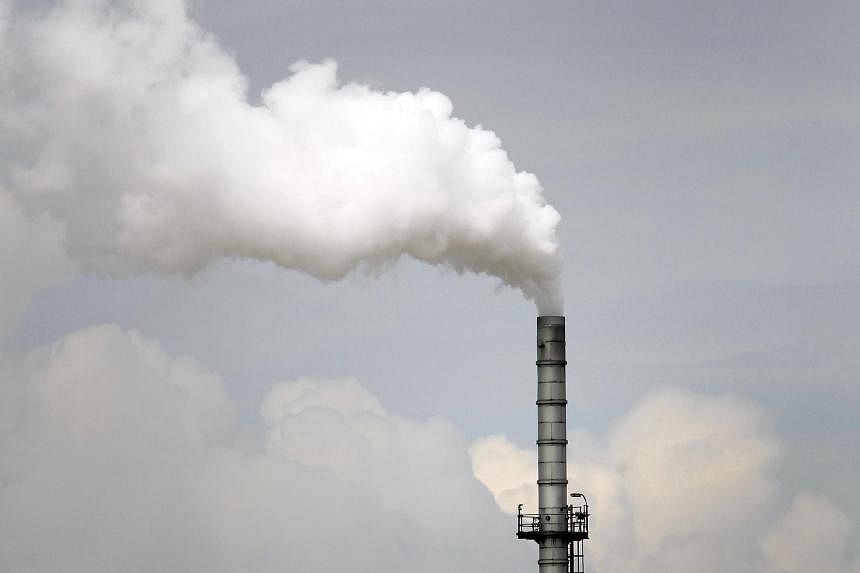Singapore's Transition to Low-Carbon Hydrogen: Challenges and Opportunities
Key Ideas
- Singapore is exploring the adoption of low-carbon hydrogen to potentially supply up to 50% of its power needs by 2050, with a focus on policies, incentives, and financing schemes.
- While the cost of green hydrogen is currently high compared to natural gas, companies like PacificLight and Meranti Power are preparing for the transition by developing hydrogen-ready infrastructure.
- Government subsidies and policy support, alongside advancements in technology and cost reductions, are crucial for achieving cost parity between natural gas and green hydrogen by 2030.
- Collaborations between the government, industry partners, and consultants are essential to drive the adoption of low-carbon hydrogen and ensure energy security and reliability in Singapore's power sector.
In Singapore, the Energy Market Authority (EMA) is spearheading a study to facilitate the future adoption of low-carbon hydrogen, which could potentially meet half of the country's power needs by 2050. Currently heavily reliant on natural gas for electricity generation, Singapore is taking steps to pave the way for the efficient and cost-effective integration of low-carbon hydrogen into its energy mix. Various policies, incentives, and financing schemes are being considered, with a focus on developing hydrogen infrastructure and addressing cost barriers.
While the cost of green hydrogen production remains a challenge, companies such as PacificLight and Meranti Power are gearing up for the transition, with plans to operate hydrogen-compatible power plants by 2025. Government subsidies and policy support are seen as critical components in achieving cost parity between green hydrogen and natural gas by 2030.
Collaboration with industry partners is emphasized, as highlighted by the Hydrogen and Fuel Cell Association of Singapore (HFCAS), to drive the adoption of hydrogen technologies. Importantly, the Government's investments in advancing hydrogen technology readiness, as seen in the Direct Hydrogen Programme and pilot projects like the one on Jurong Island, are key in this transition.
By working with consultants to recommend appropriate policies and strategies, Singapore aims to ensure energy security, reliability, and efficient land use while promoting the adoption of low-carbon hydrogen. The move towards a low-carbon economy is acknowledged as a gradual process, dependent on technological advancements, scale, and cost reductions in the hydrogen sector. Overall, the sentiment towards hydrogen in Singapore appears positive, with a recognition of the challenges and opportunities in transitioning to this cleaner energy source.
Topics
Middle East
Energy Security
Energy Transition
Cost Efficiency
Power Generation
Sustainable Development
Infrastructure Development
Technology Advancement
Policy Planning
Latest News
